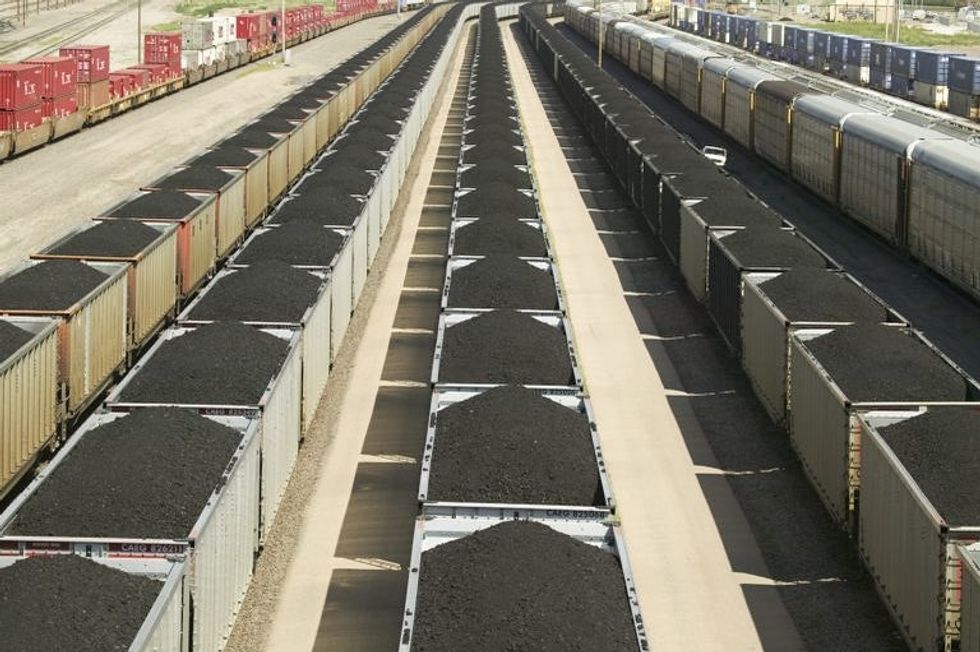The coal industry and its workers were placed at the forefront of American politics during the 2016 election cycle. President Trump promised a revival of the coal industry and promised to secure the jobs of coal country. The President, halfway through his first term, has so far taken measures to do just that. Trump withdrew from the Paris Climate Agreement, threw out Obama's Clean Power Plan, and did away with an Obama-era regulation that would prevent coal ash from entering streams and other bodies of water.
On one hand, it's quite extraordinary for a politician to do good on his campaign promises. On the other hand, is anyone considering whether or not the President is putting all his eggs into the wrong basket? Coal has been on the decline for about a decade now. Even without environmental regulations, the energy produced by coal is expected to reduce by 20% by 2030. Renewable energy such as wind and solar are replacing coal.
For an election campaign, it's easy to see why a candidate would align with coal. States like West Virginia and Pennsylvania are key when running a national campaign. The votes are there in those counties that support the coal industry. They will vote for any candidate who sides with their industry. But from an environmental standpoint, there's more on the line than just an election. It's about our clean air and water. Climate change is real and the effects of coal will only accelerate the process.
Coal ash that finds its way into water streams can damage that water supply for good. It could also impact the wildlife within the area. Coal also pollutes the air we breathe. Clean coal is a myth. Plain and simple. Coal is anything but clean. Clean coal sounds good in a stump speech, but we all know it's a fallacy.
Mountaintop mining also has a deep environmental impact. The Appalachian mountains have been destroyed from surface mining. West Virginia residents hold their beautiful mountains in high regard. Now, some of them look very different and the destruction is permanent. If the mining continues, the mountains of the Appalachia region will be gone. It would be a shame if you went to West Virginia to admire their mountains, and none were left.
In 1906, President Theodore Roosevelt passed the American Antiquities Act of 1906. Roosevelt protected 230 million acres of land during his presidency. Roosevelt understood the importance of conservation and preserving our nation's natural beauty. The same natural beauty that God envisioned. We should not take that for granted. We should restore our mountains, forests, and lakes so that our children's children can reside in the richness of our natural environment.
President Roosevelt also ended the coal strike in 1902. The United States was much more dependent on coal in the 20th century than it is now. Roosevelt knew the coal strike had to be resolved because the cold winter would have been fatal. The change of the Republican party over a century later is quite intriguing to ponder. The party went from a strong conservationist in Roosevelt to Trump, who is willing to move mountains for a dying industry.
All of these facts surrounding the coal debate cannot be ignored. The rest of the western world will move on to new forms of renewable energy. While the United States will be stuck in neutral, reviving coal. Renewable energy should be strongly considered if we are to protect our water, air, and lands.
Disclaimer: I understand the risks coal miners make when they show up for work. I know that safety regulations are not always up to par and that coal mining is a very dangerous profession. I also understand the viewpoint of coal miners and their reasoning for disagreeing with me. I know they want to work and provide for their families. That's what we all want to do. As I write this, I wish not to offend coal miners, I only aim to critique the President and his policies about the coal industry.


















